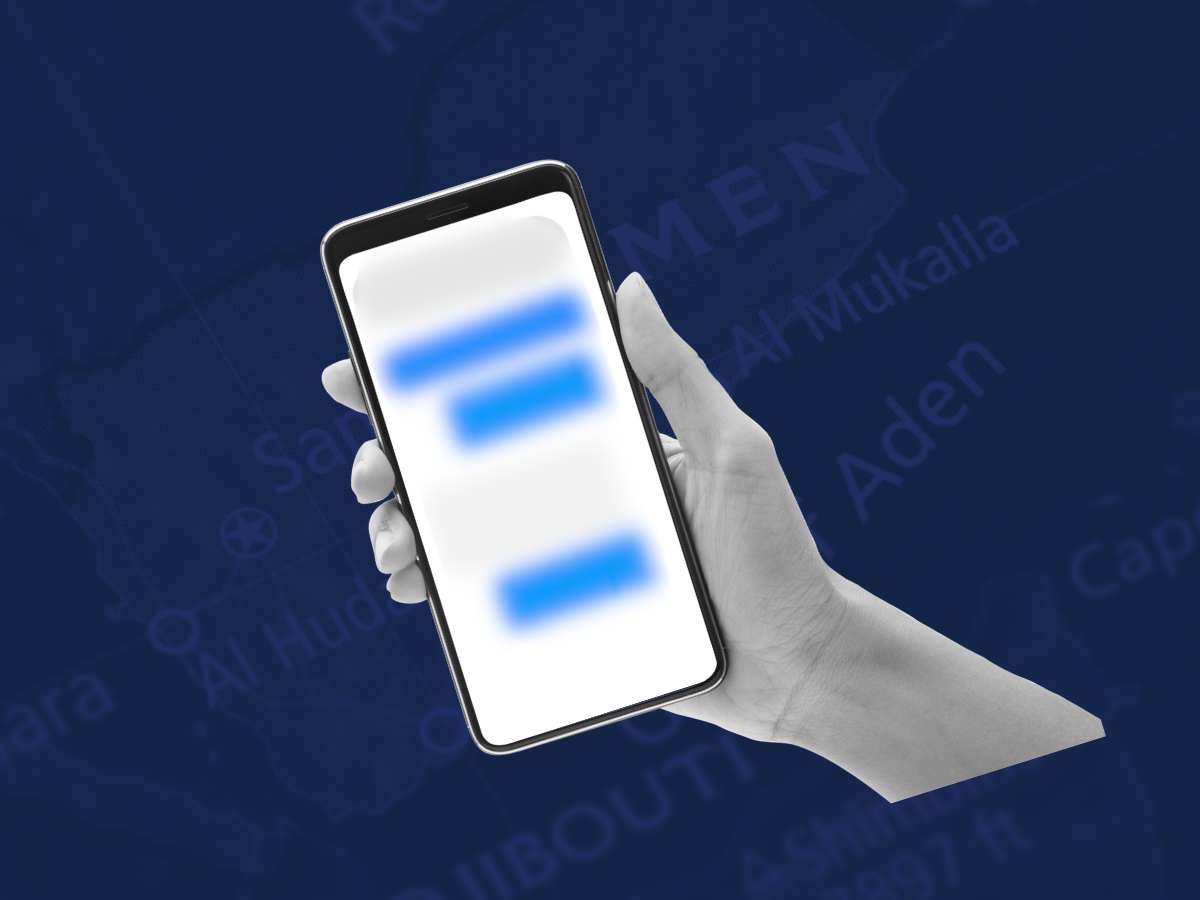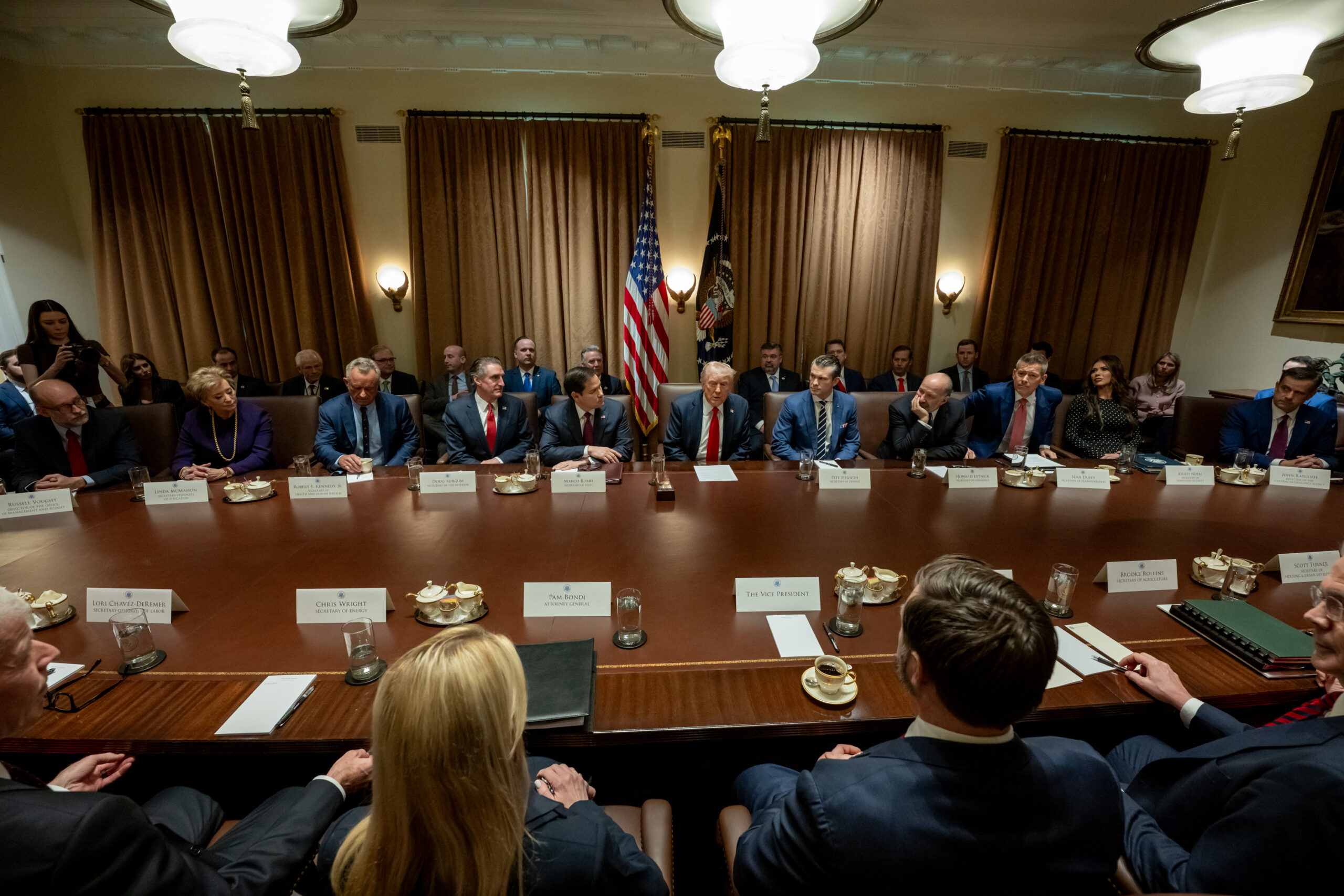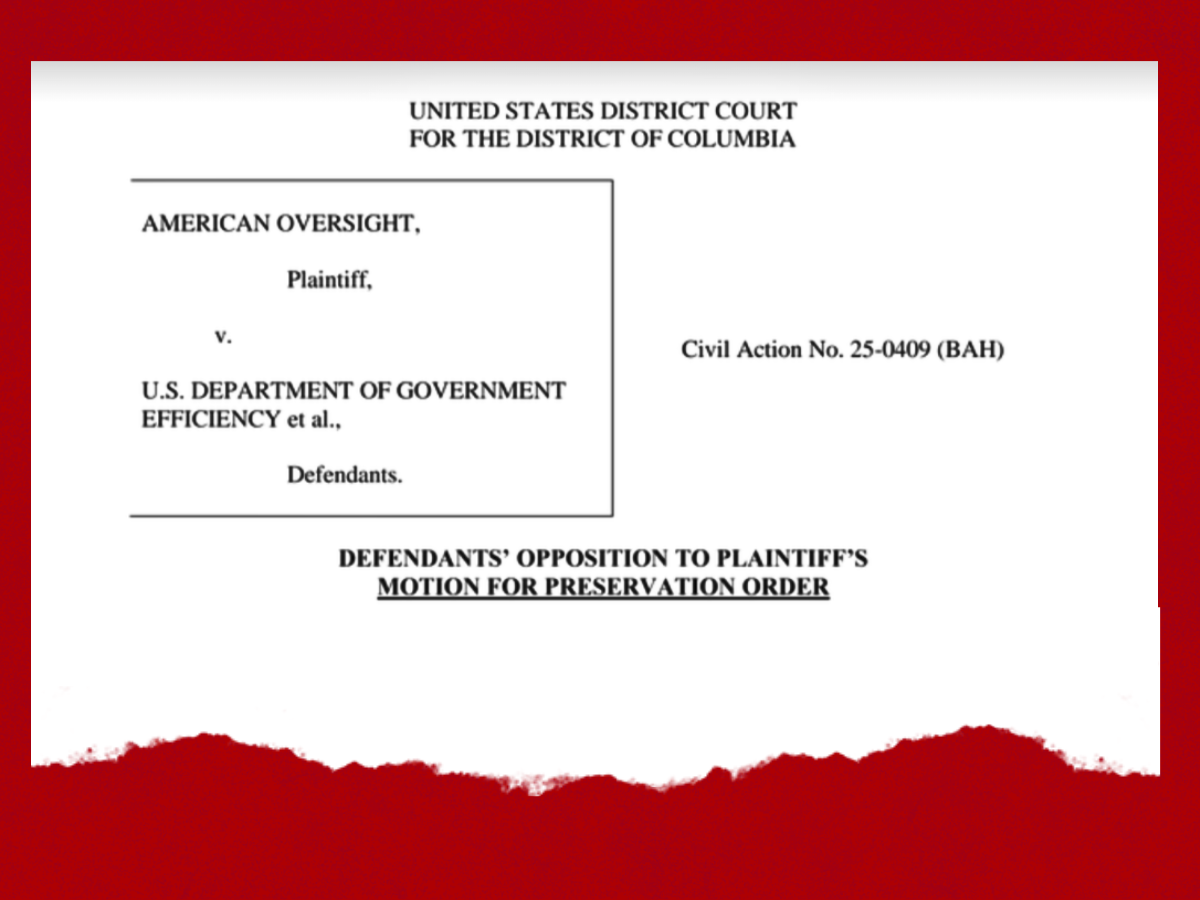
The Trump Administration’s Use of Signal and Other Ephemeral Messaging Platforms
High-level Trump administration officials are conducting work — including classified coordination of military attacks — on secretive, private, and non-governmental platforms with auto-delete capabilities. American Oversight is investigating this serious national security issue and holding the administration accountable for its obligations to preserve critical government records.

When government officials conduct business using ephemeral messaging platforms like Signal, it’s not just security that’s at risk — the deletion of critical government records also endangers democratic accountability.
American Oversight is investigating the Trump administration’s use of Signal and other secretive messaging platforms, which sparked widespread outrage after the Atlantic reported in March that several top administration officials used Signal to coordinate military attack plans in Yemen, with auto-delete turned on and editor Jeffrey Goldberg accidentally included. Following the story’s publication, and American Oversight’s lawsuit against several of the group chat’s participants for violations of federal records laws, new revelations emerged that National Security Adviser Mike Waltz, who had initiated the infamous group chat, had used Signal to communicate with Cabinet members about multiple other sensitive national-security issues and that he and his staff had used personal Gmail accounts to conduct official business.
It was hardly surprising that the use of Signal was apparently more widespread than the single group chat about Yemen operations. In attempting to downplay the scandal and declare it “case closed,” White House Press Secretary Karoline Leavitt had claimed Signal was an “approved app” for government use and “the most safe and efficient way of communicating,” especially when people are in different locations. Even before President Trump’s inauguration, there were reports that members of Elon Musk’s Department of Government Efficiency, which would soon wreak havoc across the federal government, were using Signal to communicate; American Oversight’s FOIA lawsuit against DOGE alleged that members were using such ephemeral, non-governmental platforms for official business.
Agencies subject to the Federal Records Act and FOIA are required to preserve records of official government work — a requirement difficult to enforce when work is being conducted on private, non-official channels. Safeguarding government records is all the more imperiled when officials are using platforms designed to automatically delete messages after a certain amount of time. Since the beginning of the Trump administration, American Oversight had filed more than a dozen Freedom of Information Act (FOIA) requests for information about top officials’ use of Signal and similar platforms, but had received zero records of such messages in response, raising concerns about whether those records were being preserved. Days after the Signalgate scandal unfolded, the White House unveiled — in our FOIA lawsuit against DOGE — a newly created records retention policy instructing DOGE employees to retain their Signal messages. The policy, which also said that disabling auto-delete features would “help with retention and compliance” but stopped short of requiring employees to do so, was dated the day after American Oversight had filed a motion asking the court to order DOGE to preserve records responsive to our FOIA requests, which was granted the next week.
Shortly after news broke about the Yemen Signal group chat, American Oversight sued several of the officials involved for violations of the Federal Records Act and Administrative Procedure Act. Our lawsuit — against Defense Secretary Pete Hegseth, Director of National Intelligence Tulsi Gabbard, Central Intelligence Agency Director John Ratcliffe, Treasury Secretary Scott Bessent, and Secretary of State and acting Archivist Marco Rubio — aims to prevent future unlawful destruction of government records and to compel the recovery of any records created through the officials’ unauthorized use of Signal.
We quickly expanded our investigation into the use of Signal by top Trump administration officials. In addition to the Departments of Defense, State, and Treasury, the Office of the Director of National Intelligence and the Central Intelligence Agency — agencies involved in Signalgate — American Oversight has filed FOIA requests for the release of all Signal messages sent or received since Jan. 20 by officials at the Departments of Justice, Commerce, Homeland Security, Veterans Affairs, Agriculture, Health and Human Services, Labor, Housing and Urban Development, Transportation, Education, Energy, and the Interior, as well as at the Federal Bureau of Investigation, Office of Management and Budget, Small Business Administration, U.S. DOGE Service, Social Security Administration, General Services Administration, Environmental Protection Agency, and Office of Personnel Management. Our requests also seek the release of any guidance the agencies have created or received about using Signal. The responses to these requests will shed light on the Trump administration’s potentially widespread use of Signal and its compliance with federal record-keeping laws.
By using platforms that are designed to erase records for government business, top Trump officials risk deleting or failing to preserve records, keeping the American public in the dark about the administration’s actions and communications.






